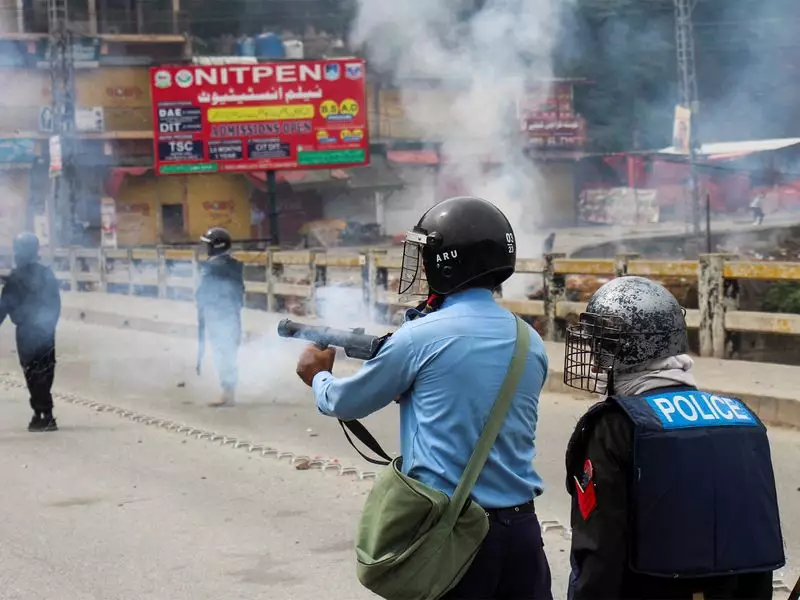
A compelling analysis of the ongoing movement in Pakistan-occupied Jammu and Kashmir (PoJK) reveals a powerful emotional dichotomy driving the struggle for rights and recognition. According to leading experts, the region's political landscape is shaped by two dominant forces: profound hope for self-determination and deep-seated frustration with decades of neglect.
The Emotional Undercurrents of Resistance
The movement in PoJK represents more than just political dissent—it's a complex tapestry woven from the threads of aspiration and disappointment. "What we're witnessing is a population torn between their dreams of autonomy and the harsh reality of their current situation," explains a prominent political analyst specializing in South Asian affairs.
Hope: The Driving Force
The persistent hope among PoJK residents stems from several key factors:
- Growing international awareness about their plight
- Historical claims to self-governance and cultural identity
- Inspiration from global movements for self-determination
- The belief that their struggle will eventually gain legitimate recognition
Frustration: The Catalyst for Action
Simultaneously, frustration has become a powerful catalyst for mobilization, driven by:
- Administrative Neglect: Systematic marginalization in development and infrastructure projects
- Economic Disparity: Limited access to economic opportunities and resources
- Political Exclusion: Lack of genuine representation in decision-making processes
- Cultural Erosion: Concerns about preserving regional identity and heritage
The Evolution of Political Consciousness
Experts note that the movement has undergone significant transformation in recent years. What began as scattered voices of dissent has evolved into a more organized, articulate demand for rights and recognition. The digital age has played a crucial role in this evolution, enabling better coordination and international visibility.
"The movement's sophistication has grown remarkably," observes the analyst. "They're no longer just protesting; they're building a comprehensive case for their cause, backed by historical context and contemporary evidence of their grievances."
Regional and Global Implications
The situation in PoJK carries significant implications for regional stability and international relations. The expert emphasizes that the movement's dual nature—combining hopeful aspiration with justified frustration—makes it particularly resilient and difficult to ignore.
The international community is increasingly taking note of the nuanced dynamics at play, recognizing that this isn't merely a local dispute but a complex geopolitical issue with far-reaching consequences.
As the movement continues to gain momentum, understanding this emotional duality becomes crucial for anyone seeking to comprehend the region's future trajectory and the potential resolutions to this long-standing conflict.





